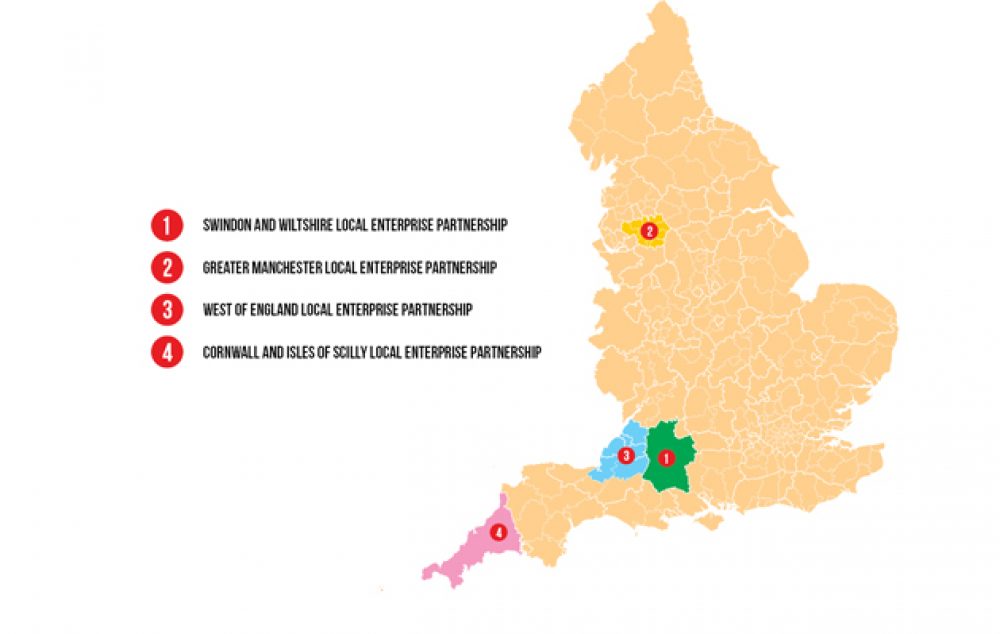The second wave of invitations to tender for long-awaited European Social Fund (ESF) cash — this time totalling £16.2m — were published today (December 14).
The Skills Funding Agency (SFA) and ESF announced today that the four local enterprise partnership areas involved were Swindon and Wiltshire, Greater Manchester, West of England, and Cornwall and Isles of Scilly, with the total value of contracts totalling £16.2m.
| Local Enterprise Partnership |
Invitation to tender reference |
Number of contracts | Total amount of ESF |
Link to tender documents |
| Cornwall and Isles of Scilly | 29907 | One | £1.1m | Click here |
| Greater Manchester |
29913 | One | £12m | Click here |
| Swindon and Wiltshire | 29912 | One | £1.4m | Click here |
| West of England | 29909 | One | £1.7m | Click here |
An accompanying SFA and ESF document stated that invitations to tender would close on January 25, leaving just 27 working days excluding weekends and public holidays.
And then, after tenders have been awarded on March 30, winning bidders will have only 11 working days before delivery commences from April 14.
| Task | Deadline |
| Publication of ITT | December 14, 2015 |
| ITT closes | January 25, 2016 |
| Notification of tender results | March 30, 2016 |
| Day 1 mandatory standstill period | March 31, 2016 |
| Day 10 mandatory standstill period | April 11, 2016 |
| Contracts issued from | April 12, 2016 |
| Delivery commences from | April 14, 2016 |
It means the same amount of time is being made available as for the first round of invitations to tender for ESF cash issued on December 7 — which were for five Lep areas and almost £15m of ESF cash — although the closing for those was January 18.
Tendering for further ESF contracts is expected to open “at regular intervals between January and May 2016,” said a Skills Funding Agency (SFA) spokesperson.
“We won’t know how many contracts there will be until after the procurement exercise is completed at the end of May 2016,” she said.
The second wave of contracts will be worth £1.4m for the Swindon and Wiltshire area, £12m for Greater Manchester, £1.7m for West of England, and £1.1m for Cornwall and Isles of Scilly.
It comes after FE Week reported on December 11 that Paul Warner, director of employment and skills at the AELP, feared the drawn-out nature of the tendering process could encourage sub-standards bids.
He said that providers who were unaware of future tenders could win a contract only to find delivering it might hamper their ability to deliver ESF provision put to market at a later date.
Such a situation might, he suggested, put ESF contract-winning providers off going for further contracts despite having the necessary expertise because, for example, staff were located in a different region.
“With each specification likely to be launched gradually over a number of weeks, providers may find it difficult to allocate resources sensibly, which may lead to some having to choose which specifications to bid for on the basis of available resources, rather than delivery expertise,” said Mr Warner.
It follows a summer in which ESF-funded providers were forced to lay-off staff amid delays in issuing new ESF contracts, as the government sought to iron out regional devolution issues with Leps.
It was exclusively revealed by FE Week on Friday (December 4) that the Lep areas the invitations to tender would go to included Stoke-on-Trent and Staffordshire, and Solent (covering the Isle of Wight, Portsmouth and Southampton).
The other Leps involved were Leeds City Region Enterprise Partnership, Northamptonshire Enterprise Partnership, and Leicester and Leicestershire Enterprise Partnership.
It followed another FE Week exclusively on November 10, which revealed how the SFA was planning to run a “sequence of procurement” for handing out £650m of delayed ESF cash, which must be finished by the end of September next year at the very latest to allow a minimum delivery period of 18 months.
The delivery period, up to March 2018, was determined with ministers unable to say that the SFA would oversee anything other than apprenticeships beyond then.
None of the Leps involved in the second wave of applications were available to comment ahead of publication.


They should publish the full program of dates for tendering, in which areas, and for what. At least then providers could plan.